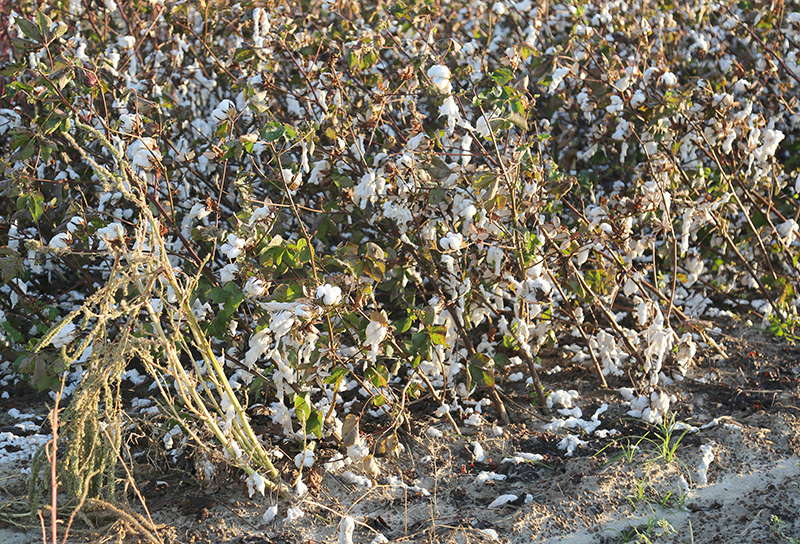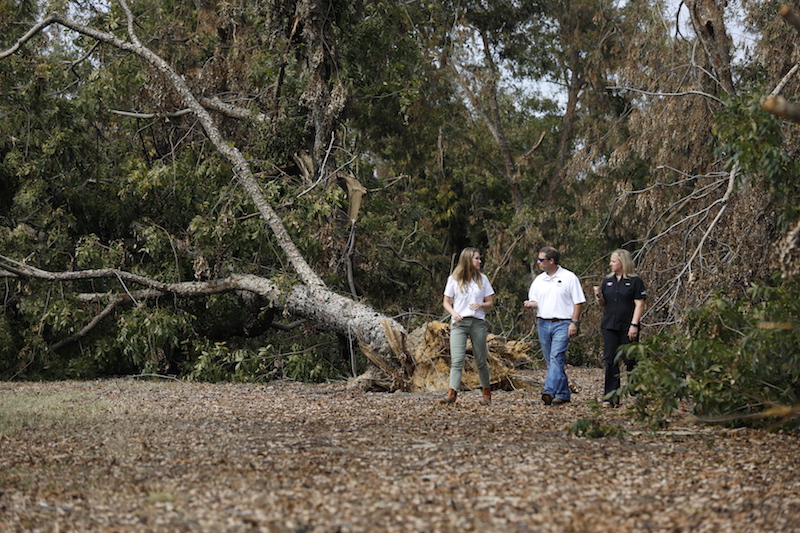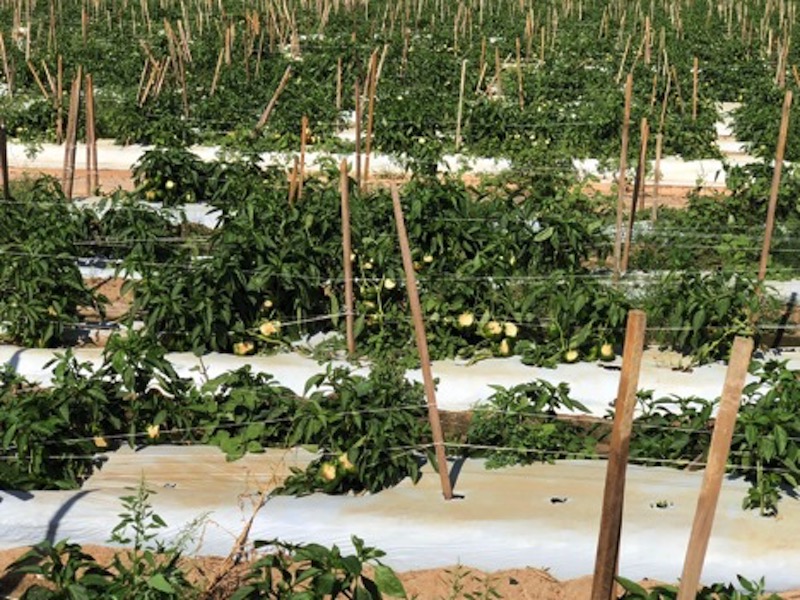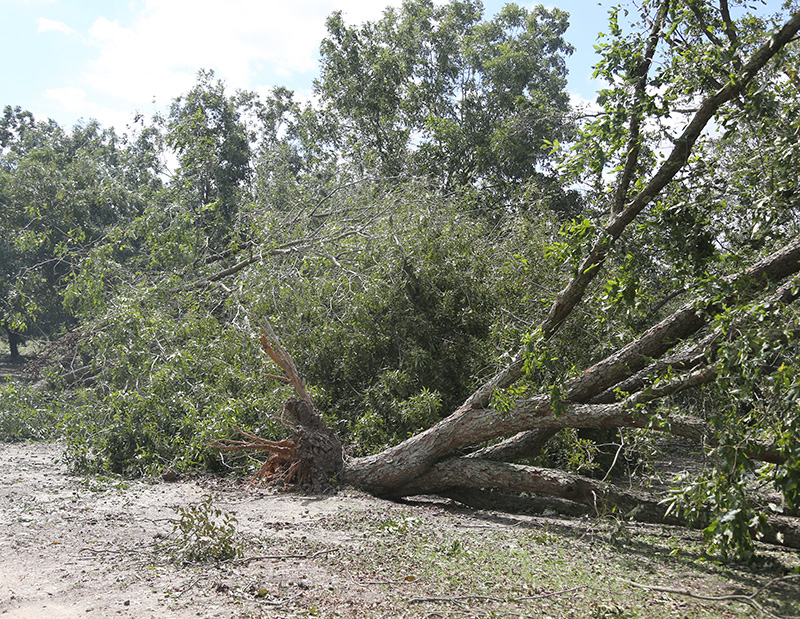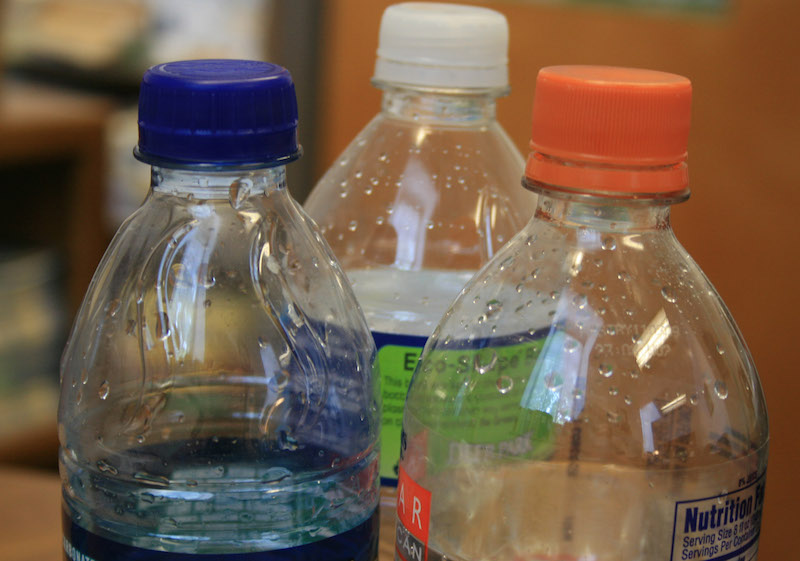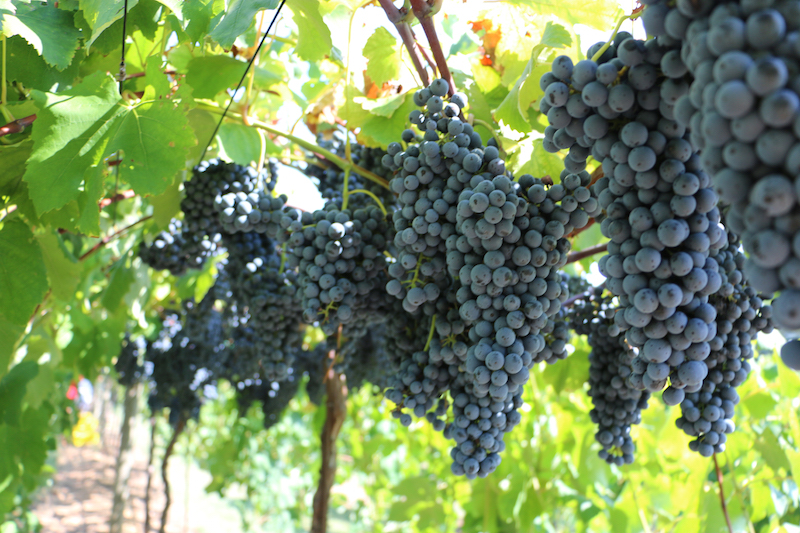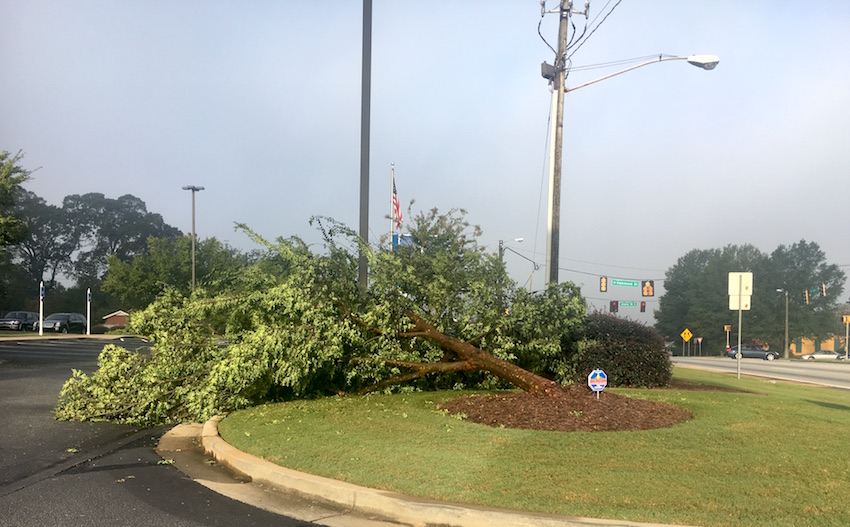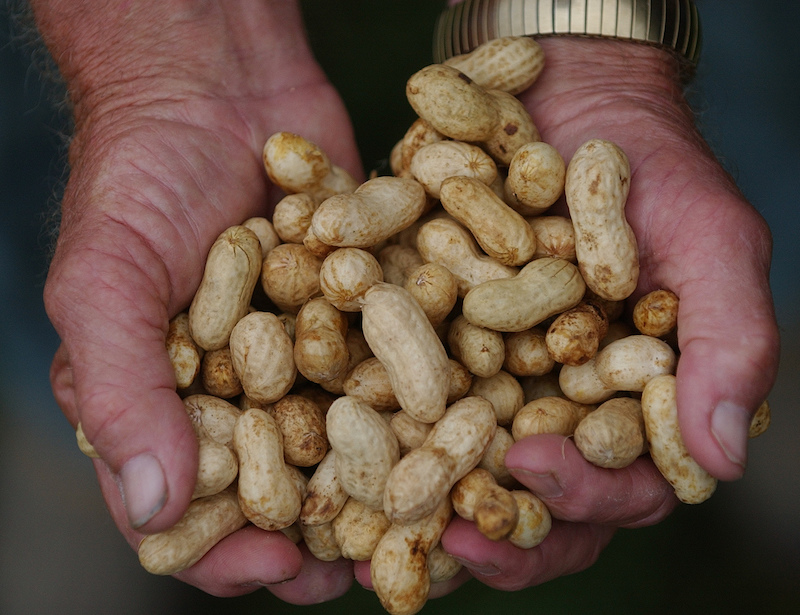 CAES News
CAES News
Georgia Peanut Crop
Georgia peanut farmers, still reeling from the effects of Hurricane Michael on October 10-11, are facing uncertainty about when and where to unload their crop after harvest, says University of Georgia Cooperative Extension peanut agronomist Scott Monfort.

